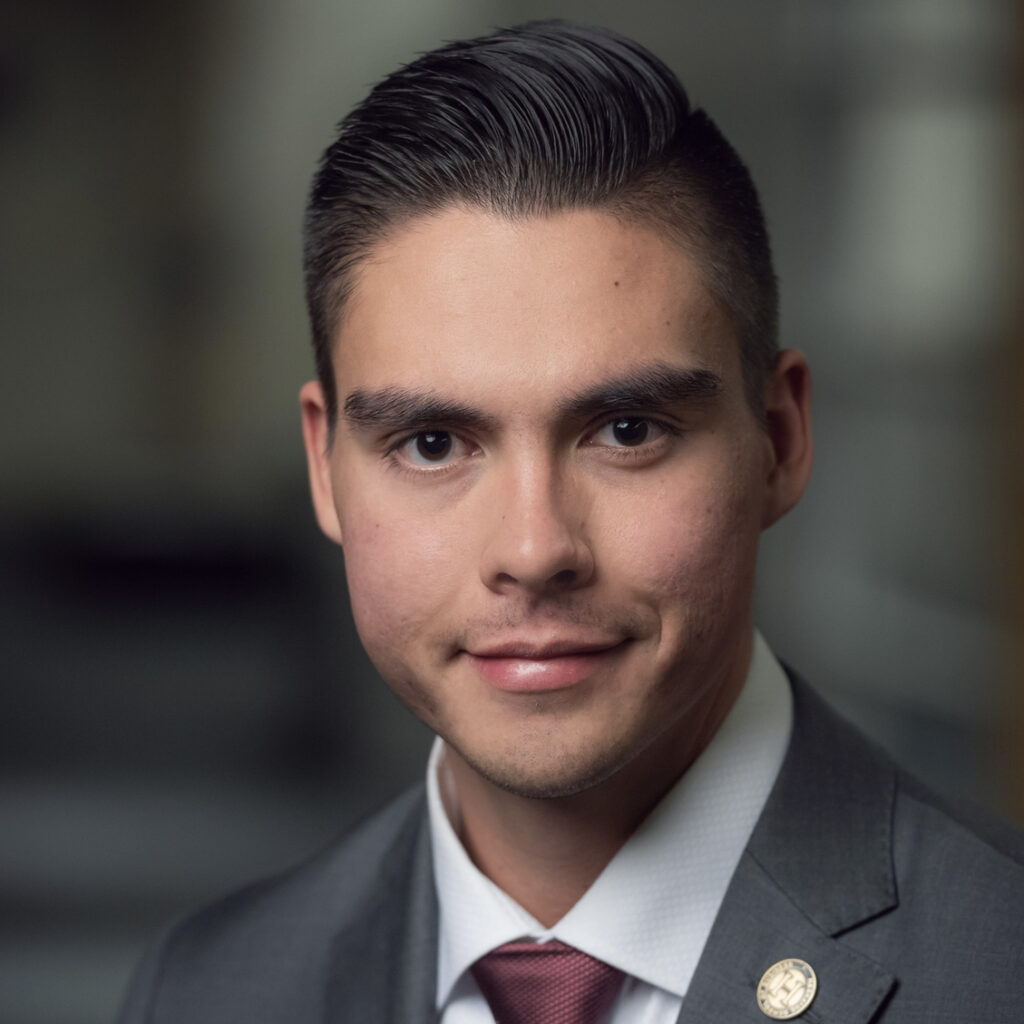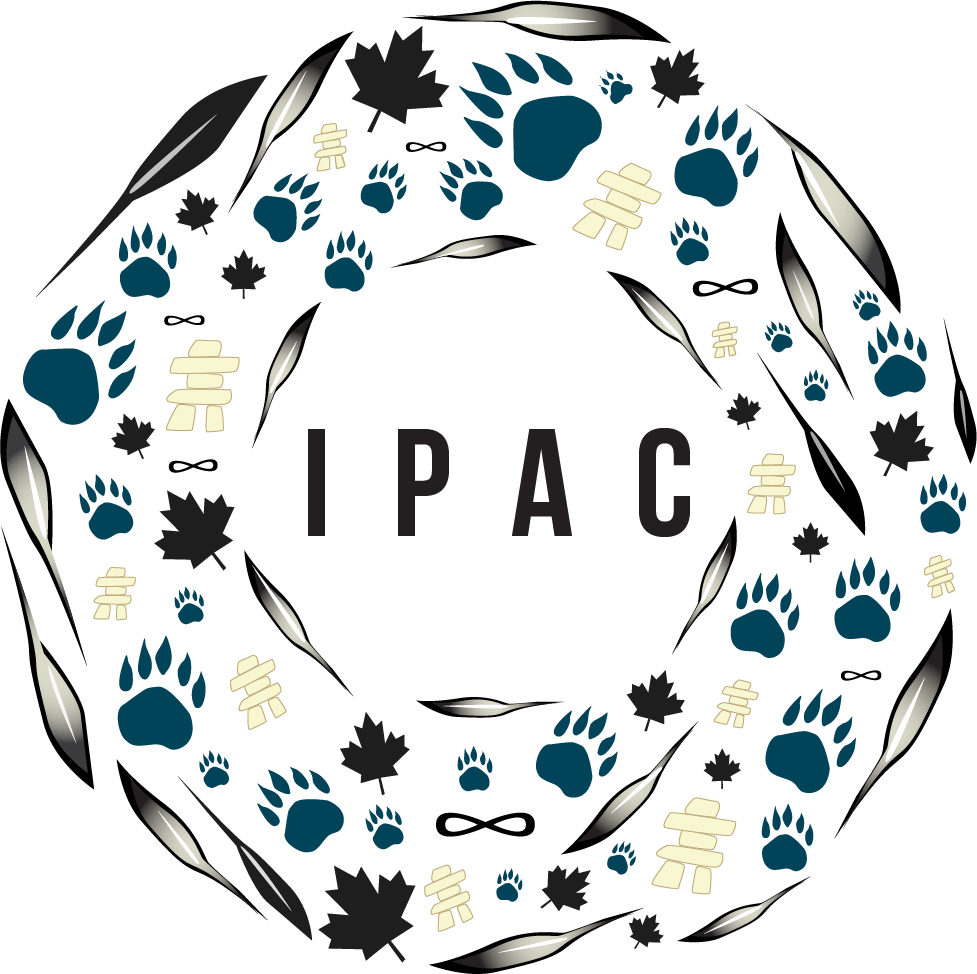RECOGNIZING EXCELLENCE BENJAMIN COOPER-JANVIER

Benjamin Cooper-Janvier
Firstly introduce yourself and tell us where your home place is. Describe your job/jobs in just under four sentences. Please also provide your title and profession.
My name is Benjamin Cooper-Janvier, and I am 24 years old. I was born in Edmonton but raised in Calgary, however, I briefly lived on the Cold Lake First Nations Reserve. I am half Dene and have English. I am currently working at KPMG Canada as a Staff Accountant in the Corporate Audit practice. My role right now is primarily to assist the Senior Accountants where needed and perform more simple auditing procedures. As a second year I also mentor the first years where possible. My work experience at KPMG contributes to my goal of obtaining the CPA designation. I am also currently pursuing a Master of Professional Accounting at the University of Saskatchewan (Class of 2022 – 2 year program only in summer months, counts towards the education component to the CPA designation).
What sparked your interest to work in this industry?
I chose to work in public accounting because of the transferable skills learned, credibility gained, and network formed. For these reasons it is a great place to start a career.
What do you enjoy most about your profession?
I believe the best part about the profession is the focus on understanding and being around very hard working and smart people.
What educational preparation would you recommend for someone who wants to advance in this field?
One would need to decide they want to pursue the CPA designation… then obtain the prerequisites (usually a degree in Business with major in accounting). After that, I would recommend that they should focus on their studies just as much as networking before landing that first job.
What does success look like to you for Indigenous youth?
To me, it looks like getting to a place where one feels safe, emotionally, spiritually, and physically. Although that looks like a bare minimum to most people, I believe it is a great place to get to as Indigenous people don’t start there. Beyond that, it looks like getting in touch with one’s culture (hopefully learning language), giving back to one’s community (which means getting to a place where one’s cup is full enough to give back), and building strong family bonds.
How has a failure, or apparent failure, set you up for later success?
Going through the process of “failing” has taught that me that failing brings many lessons. One being, it is better to fail early and learn the lesson than to never put oneself in a position to fail and, therefore, never being able to learn that lesson that only comes from “failing.”
What are one to three books that have greatly influenced your life?
Haven’t ever been strongly influenced by books (my lack of reading in my free time), but I strongly connected with the book Grit by Angela Duckworth.
Do you volunteer? If so, where and why is that important to you?
Yes, I volunteered to be a coach for In The Lead and have volunteered in the past with Junior Achievement and CPA Alberta.
In the last year, what new belief, behavior, or habit has most improved your life?
In December of 2020, I removed myself from Instagram and have since moved all of my most important relationships “offline,” this practice has increased the quality touchpoints I have had (actual conversations and genuine catchups) and increased the quality of my relationships.
What are some challenges you think the next Indigenous generation will face in your industry/profession?
The next and current Indigenous generation faces the issue of Tokenism. They also face having to answer for every Indigenous person and culture and having to struggle aligning Indigenous ways of knowing with Capitalism to survive.
What advice would you give to a smart, driven student about to enter the “real world”? What advice should they ignore?
Great job if you have made it that far. I would say never lose sight of your balance – physical & mental health, relationships, giving back to community, and of course work responsibilities. Remember where you came from and be sure to share some lessons you may have learned the hard way.

